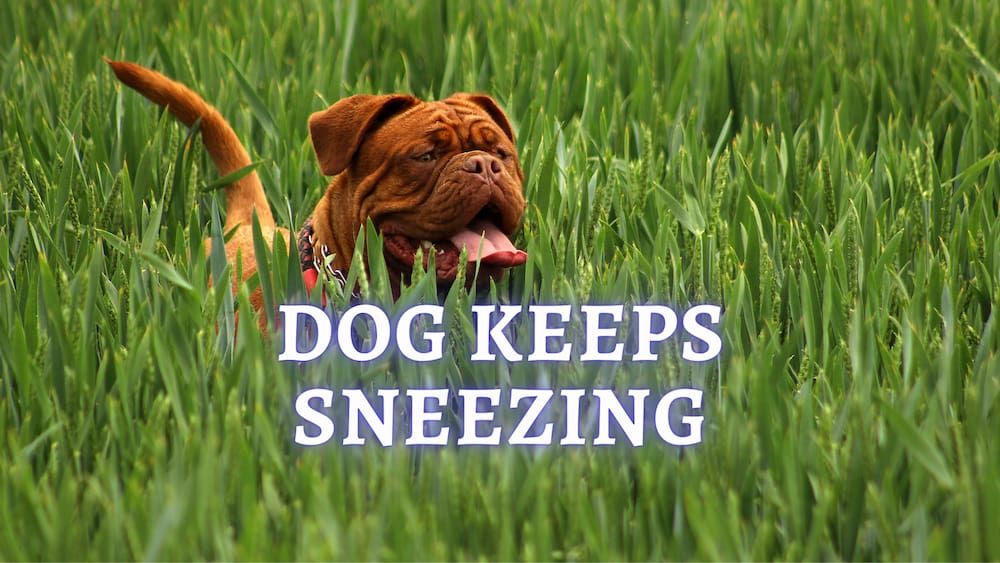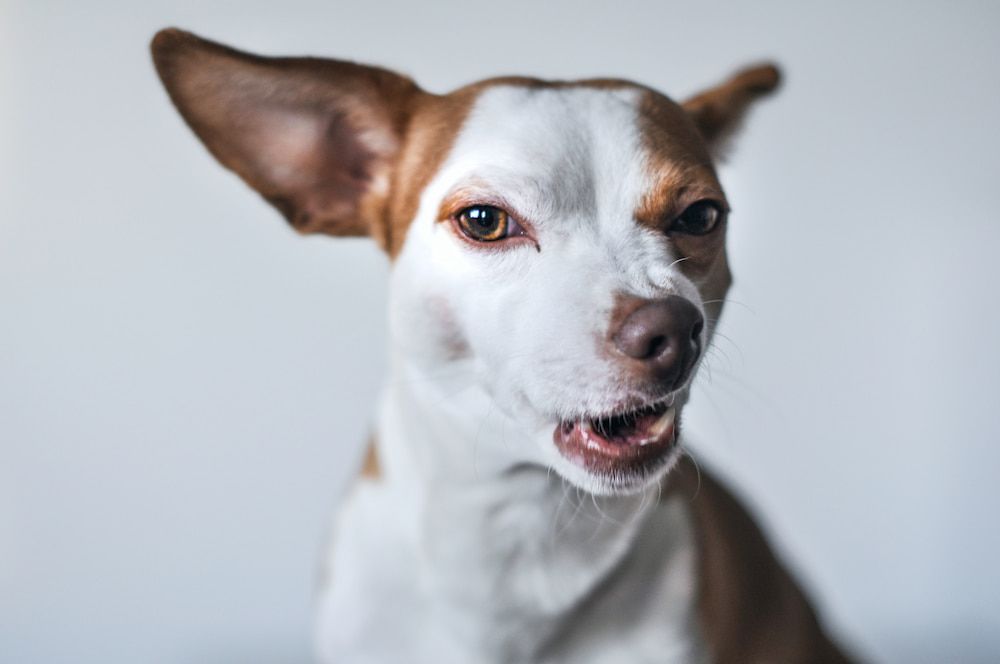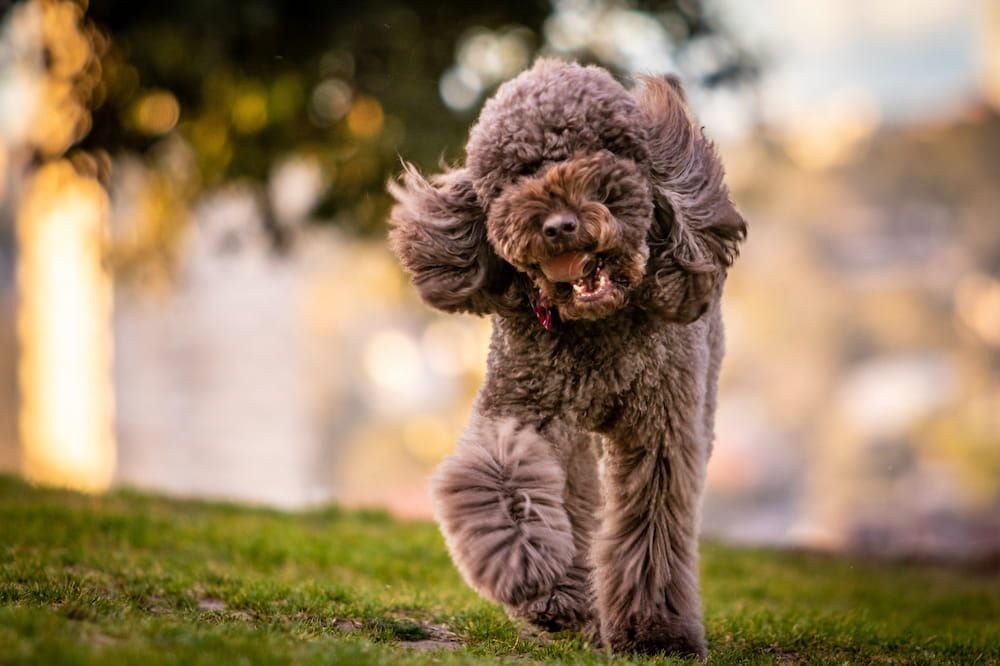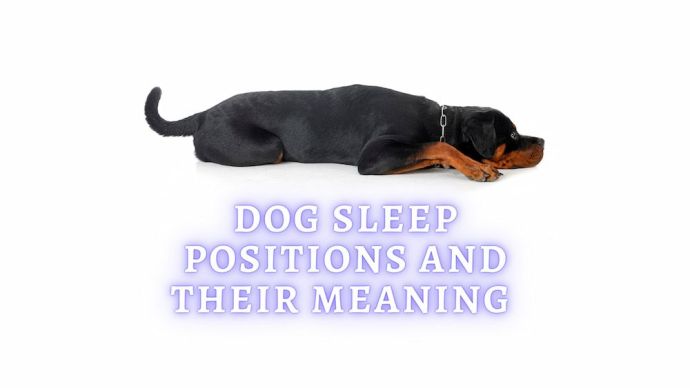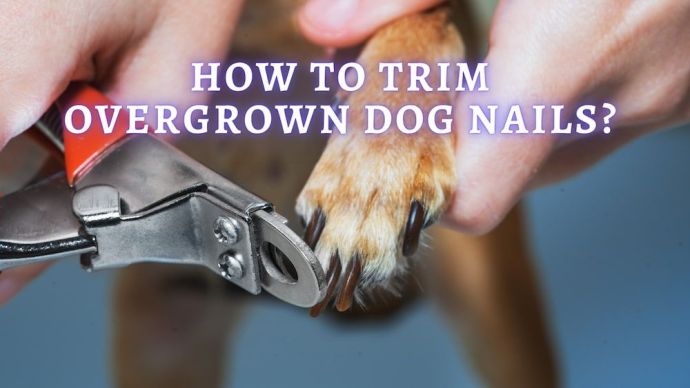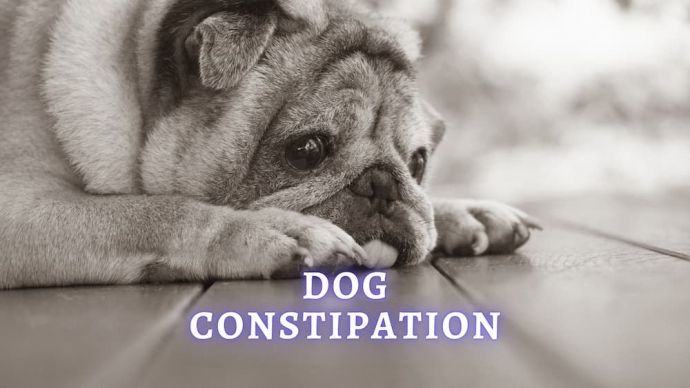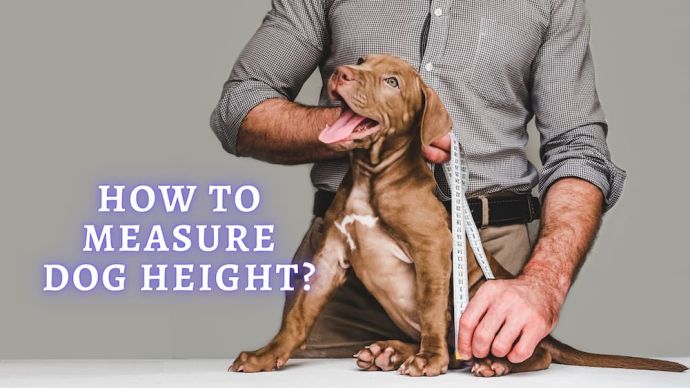My Dog Keeps Sneezing: 6 Health Reasons Why Your Dog Won’t Stop Sneezing (Vet Approved)
Written by:
Author: Vicki Smirnova
Vicki Smirnova is a professional writer and editor who adores animals and helps readers get along well with their pets. She has been working in digital media for more than 5 years and has great experience writing content about lifestyle, including pets. Vicki specializes in dog health and nutrition, cat feeding, dog training. She is an aquarium lover and is passionate to write about fish care at home. Also, Vicki headed several websites and worked as a news editor.
View all 245 articlesLearn about our editorial process and veterinary review board.
Reviewed by:
Veterinary review
by Dr. Linda Simon
Dr. Linda Simon is a veterinary surgeon working with seven years of experience. She is a fellow of the British Veterinary Association and specializing in animal medicine. Also, she has been the Woman magazine resident vet for the past two years and writes a regular column for them, focusing on pets and their health.
View all 30 articlesLearn about our veterinary review board
Viewed: 53
Updated on: 06/16/2022
When your dog sneezes, your pet’s body may be clearing the airways of foreign objects and substances that have fallen into them. Sneezing is a reflex protective reaction that occurs when the upper respiratory tract mucous membranes are irritated, which helps remove irritating factors from the external environment.
If your dog sneezes frequently after looking for a toy under the bed or running through the bushes, this is perfectly normal. In this situation, sneezing should be considered as a defense mechanism. Tobacco smoke also provokes sneezing. As it has been established that passive smoking is dangerous for our pets, it is best avoided when possible.
Chronic sneezing can be indicative of an underlying medical issue such as a viral infection or nasal polyp. Other causes of sneezing:
- allergies;
- foreign bodies in the nasal cavity;
- neoplasms (whether benign or malignant) in the nasal cavity;
- trauma;
- fungal infections of the nasal cavity;
- a tooth root abscess;
- and some other diseases.
When sick, sneezing will not be the only symptom. You can often observe changes in your dog’s general condition such as lethargy, fever, food refusal, etc.
Sneezing can be the first signal for the owner that the dog is sick, so it is something that should be noted. If it persists or is accompanied by other signs, a vet check is best. This article will discuss when veterinary advice is required and what may happen.
READ MORE: Why is My Dog Sneezing?
Common reasons why your dog cannot stop sneezing
1. An irritant within the air
Aromas that are pleasant for the human sense of smell (perfumes, household chemicals, natural leather, air conditioners, scented candles and essential oils) can cause sudden sneezing attacks in the dog. If the animal briefly contacts the irritant, then the sneezing episode will be short-lived, and no intervention is needed.
2. Foreign Objects
A dog may also sneeze and snort if foreign bodies (such as a grass awn, insects, or small stones) enter their nasal passages. Other symptoms that there is something in the nose include:
- Discharge (which can be clear, colored or bloody; usually from one nostril),
- shaking of the head,
- rubbing the nose,
- and restlessness.
3. Seasonal or Environmental Allergies
Allergies are a common disease that affect not only people but also pets. Sneezing is a fairly common symptom of allergic rhinitis.
Allergies in dogs can be a reaction to perfume, household chemicals, dust mites, plant pollen, mold, and trees among other things. Dogs are not uncommon to be diagnosed with an allergic reaction to fleas, and some breeds are prone to having even food allergies. Many dogs react to more than one allergen.
Several symptoms accompany sneezing when a dog has environmental allergies:
- The appearance of a rash and dryness on the skin;
- Recurrent skin infections
- Facial rubbing
- Redness and inflammation affecting the eyes and nose
- Nasal discharge
- Runny nose and eyes
Affected dogs are often intensely itching. They may rub, chew and scratch the affected areas of the skin to the point of bleeding, increasing the risk of wound infection.
If the disease is not treated, signs may worsen, and dogs can struggle to cope during a flare-up. It is necessary to treat sneezing in a dog by identifying and, if possible, eliminating the allergen and taking antihistamines and anti-inflammatory drugs as needed.
READ MORE: Dogs Seasonal Allergies: Causes, Symptoms, Treatment, and Prevention (Vet Advice)
4. Airway Obstruction
Brachycephalic Airway Obstruction Syndrome (BAOS) is the most common cause of respiratory failure in dog breeds with a flattened nose. Animals with such a muzzle structure are forced to make additional efforts to inhale effectively as they have narrow nasal passages. Anatomical changes in the structure of the skull mean there is not enough space for the soft tissue, which means air cannot flow to the lungs as it should. Brachycephalic dog breeds including the Pug, French and English Bulldog, and Shih Tzus can be affected.
5. Nasal Mites
A nasal mite infestation can cause your pet to sneeze with blood. Nasal mites irritate the nasal mucosa and provoke sneezing in dogs. Nose mites are found in dogs of all breeds, sexes, and ages. Dogs acquire these nasal mites through direct nose-to-nose transmission and indirect transmission from another dog. An animal can even become infected by sniffing the ground. Nasal mites are often spread from one dog to another, and they are not endemic in all countries.
The most common clinical signs associated with nasal mite infestation include epistaxis (nose bleed), sneezing, impaired smelling ability, pruritus, nasal discharge, and head shaking.
How are nasal mites treated?
- Many treatment options are available, and the prognosis for clearing infection and clinical signs is very good.
- Antiparasitic drugs are effective in more than 85% of cases.
- Your veterinarian may prescribe antihistamines and steroids to reduce itching and swelling.
6. A dental abscess
A dental abscess can affect the sinuses and nasal canal, causing discharge and sneezing. Other signs an owner may notice include bad breath, red gums, brown build-up on the teeth, a change in appetite and drooling.
Treatment will consist of antibiotics, anti-inflammatories, and a dental procedure to remove any diseased teeth.
READ MORE: The Best Dog Toothpaste (Vet Approved Review)
Preventive measures
It is much safer and easier to prevent a disease than to treat a sick animal later. Preventive measures against excessive sneezing:
- Hygiene and good ventilation apply to the animal itself and the place where it lives. Care and attention to the condition of the dog’s coat, what he sleeps on, and what they eat and drink from can prevent the development of many diseases accompanied by sneezing, including allergic reactions and infections.
- A warm and cozy place to sleep. It is important to make sure that the dog does not sleep in a drafty, damp, and cold place.
- Provide the dog with warm clothes for walking in the cold season. This is especially important for dogs with short hair and hairless breeds.
- Proper nutrition strengthens the immune system, and the dog will be less susceptible to various diseases.
- Ensure your dog is up to date with their vaccines, including the Kennel Cough vaccine.
- Have any dental disease treated early on, before it progresses to the stage of rotten teeth and dental abscesses.
- Identify any allergens and try to eliminate them from your dog’s environment where possible.
- If signs of disease or abnormal behavior are found, you should immediately contact your veterinarian for diagnosis and treatment.
FAQ
What should I do if my dog won’t stop sneezing?
If your dog sneezes frequently for a long period of time, you should contact your veterinarian. Treatment depends on the cause of nasal discharge and sneezing. There are no “generic” treatments for these symptoms.
Why is my dog sneezing excessively?
Constant sneezing may be a symptom of an underlying medical condition, such as a viral infection, nasal mites or allergies.
When should I be concerned about my dog sneezing?
The owner should take the dog to the vet if the sneezing occurs repeatedly for several days in a row; the dog’s temperature is lowered or increased; if the animal refuses to eat; if there is discharge from the nose (mucous, purulent, with blood) plus a cough is present; if the pet has vomiting or diarrhea; if the dog feels obvious discomfort in the nose area (rubs its muzzle against pieces of furniture, rubs its nose with its paw, shakes its head, whines when the owner wants to examine the nose, etc.).
 Dog Veterinary Tips Why is my Dog throwing up: Causes and Preventing (Veterinary Advice)
Dog Veterinary Tips Why is my Dog throwing up: Causes and Preventing (Veterinary Advice) - 21356
- 5
 Dog Care My Dog Keeps Scratching His Mouth: Reasons Why Your Dog Scratching Face
Dog Care My Dog Keeps Scratching His Mouth: Reasons Why Your Dog Scratching Face - 16543
- 1









